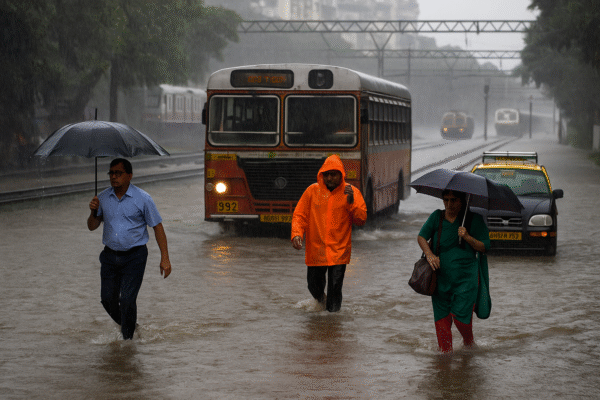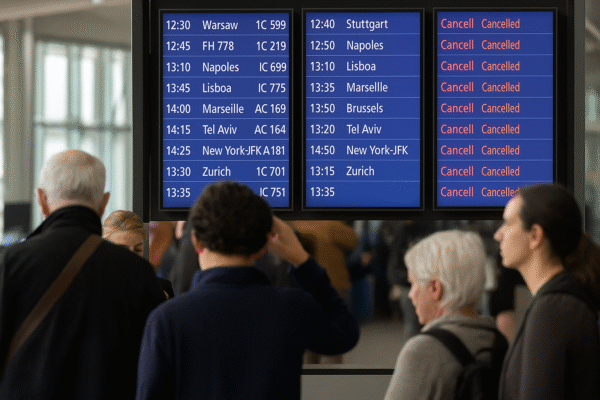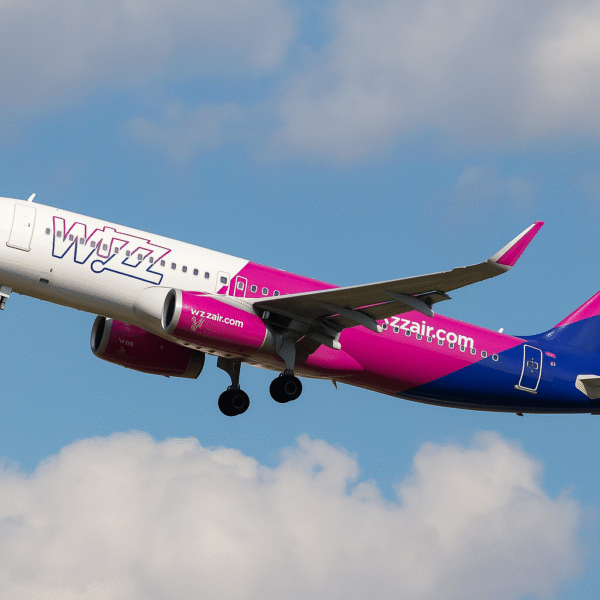Eurostar Passengers Trapped in Overheated Train in London for Hours Without Air or Power
LONDON, UK – July 6, 2025 – Hundreds of passengers on a Eurostar train were left stranded in sweltering, power-free conditions for over three hours in London, sparking widespread anger and calls for urgent improvements to the operator’s emergency response protocol. The high-speed service, which links the UK to France, Belgium, and the Netherlands via the Channel Tunnel, faced one of its most chaotic breakdowns in recent memory on July 5, when a technical fault rendered one of its London-bound trains immobile and unventilated.
Passengers reported unbearable heat, no functioning air conditioning, limited communication from staff, and serious health risks on board as the train remained stationary for hours near the capital. According to real-time updates shared by travelers on social media, the situation escalated quickly when electricity onboard failed, cutting off air circulation and bathroom functionality.
Passengers Describe Alarming Conditions Onboard
One of the passengers, Serge de Gheldere, took to X (formerly Twitter) to express growing concern over the lack of airflow and poor handling by Eurostar staff. “Almost 3h. Still no news, no air. @Eurostar is absolutely clueless and unprepared. There is no plan. There are asthma patients and infants on board,” he posted, highlighting the potentially life-threatening conditions in the sealed carriages.
Others echoed his sentiments, describing scenes of rising panic as passengers, including elderly individuals and young children, struggled to breathe. Complaints included non-functioning toilets, minimal door access for ventilation, and no updates from staff for long periods.
“What if someone had collapsed from heatstroke or respiratory distress? There was no visible emergency support,” said another traveler who asked to remain anonymous. “We felt abandoned in a metal box.”
Eurostar Blames Technical Fault, Offers Apology
Eurostar later issued a formal statement acknowledging the service disruption. A spokesperson confirmed that a technical failure had immobilized the train and disrupted onboard electrical systems, including air conditioning and lighting. The company apologized for the “significant discomfort and inconvenience” experienced by passengers.
“We understand the distress caused by this disruption and are conducting a full investigation into the root cause of the fault. We are committed to improving our contingency planning and customer communication,” Eurostar said.
However, many passengers felt the apology rang hollow. “What passengers needed was immediate response, ventilation, water, and staff presence. We got none of that,” said one commuter. “It was unacceptable.”
Passenger Rights and Compensation Claims
According to Eurostar’s delay compensation policy, travelers whose journeys are delayed by more than 60 minutes are eligible for partial reimbursement. For delays exceeding two hours, passengers may claim up to 50% of their ticket value.
In light of the widespread outrage, Eurostar has invited passengers affected by the incident to submit compensation requests through its website. The company has advised travelers to wait 24 hours post-disruption before applying, to allow system data to synchronize with the affected service.
Still, many are calling for more robust redress given the distress endured, including health-related impacts and psychological trauma. “Compensation is not just about money,” said a traveler who suffered an asthma episode on board. “It’s about acknowledging that what happened was unsafe.”
Growing Pressure for Stronger Emergency Protocols
Transport safety groups and rail watchdogs have weighed in on the incident, with calls for Eurostar and other major rail operators to adopt more rigorous emergency response plans. Railfuture, a UK-based rail advocacy group, issued a statement urging train operators to “review on-board ventilation redundancies and ensure better training for handling medical emergencies.”
The Office of Rail and Road (ORR), the UK’s rail regulator, has been urged to initiate a formal review into the events of July 5. Under UK transport regulations, operators are expected to have health and safety procedures in place for power failures, including alternative ventilation methods and passenger evacuation planning.
Eurostar’s Track Record Under Scrutiny
The incident has tarnished the brand’s image as a premium international rail provider. Once celebrated for its efficiency and eco-friendly alternative to short-haul flights, Eurostar has experienced increasing operational challenges since the pandemic, including staffing shortages, equipment failures, and weather-related delays.
A June 2025 report from the UK Department for Transport (DfT) recommended enhancements to cross-border rail service preparedness, citing “rising cross-channel traffic and growing environmental reliance on rail.” However, passenger confidence has yet to recover fully, and incidents like this may further erode public trust.
Conclusion: A Wake-Up Call for Rail Operators
This latest Eurostar disruption underscores the urgent need for improved communication protocols, better ventilation backups, and rapid response teams onboard international rail services. While Eurostar has vowed to investigate and make changes, passengers are demanding tangible improvements—and assurances that their health and safety will never again be put at risk during delays.
As the summer peak travel season unfolds, travelers are advised to monitor rail status updates closely and to carry personal essentials—water, medication, portable fans—when embarking on long-distance journeys.
For more travel news like this, keep reading Global Travel Wire


















